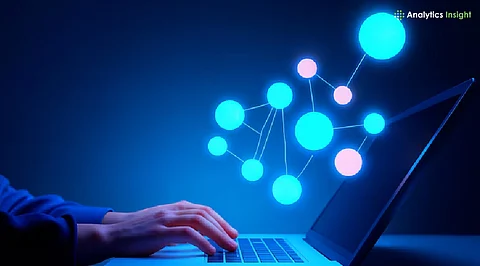Boost Your Blockchain Skills: Top Expert Tips for 2025
Blockchain is no longer just about Bitcoin. In 2025, it’s powering everything from online games and finance apps to digital ID systems and supply chains. Tech companies, startups, and even governments are building on blockchain and they need people who know how it works.
Getting good at blockchain isn’t just for computer science majors or crypto fans. Anyone interested in tech, business, or digital products can learn it. Here are some clear, real-world tips experts recommend for building solid blockchain skills this year.
Understand How Blockchain Works
Before jumping into apps or crypto wallets, start with the basics. A blockchain is a digital ledger kind of like a giant notebook that’s shared across computers instead of stored in one place. It keeps records that can’t be changed easily, which makes it trustworthy for things like money transfers, contracts, or even tracking where sneakers were made.
The main ideas to learn first include how data gets added to a blockchain, what makes it secure, and how different systems agree on what’s true (this is called a consensus mechanism). Free and paid courses on platforms like Coursera, edX, and YouTube can help. Even short explainer videos or visual guides can give a solid start.
Learn to Build with Smart Contracts
Smart contracts are like digital vending machines. Put in the right input, and the result is automatic, no need for a middleman. These contracts run on blockchains like Ethereum and are behind many apps in crypto, DeFi, and NFTs.
To write smart contracts, learning a language called Solidity is a smart move. It’s made for Ethereum and widely used. For other platforms like Solana, Rust is common. Developers often use tools like Hardhat or Remix to test and build projects. Even a basic project, like a token or a simple voting app, can show how smart contracts actually work.
Keep an Eye on What’s Trending
Blockchain is moving fast. What was popular last year might be outdated now. Right now, some of the biggest trends include:
• Faster, cheaper blockchains using Layer 2 tech
• Ways to keep data private using zero-knowledge proofs
• New platforms for trading real-world stuff like property or stocks
• Blockchains that can talk to each other
Reddit, Discord, and X are full of developers, founders, and analysts discussing what’s next. Following a few trusted voices can help filter out the noise.
Build Something or Join a Hackathon
Learning by doing works best. Hackathons are events where people come together to build apps or solve problems over a few days. They’re common in the blockchain world and often hosted online. Places like ETHGlobal, Devfolio, and Gitcoin organize them regularly.
These events aren’t just for pros—beginners join all the time. Teams get help from mentors, and there’s a good chance to connect with people in the industry. Even if a project doesn’t win, it’s experience that can go straight onto a resume or portfolio.
Know the Rules and the Business Side
Blockchain doesn’t run in a bubble. There are laws, taxes, and business rules that affect what people can build. For example, launching a crypto token may involve legal steps depending on where the company is based.
Understanding how blockchains make money (through tokens, fees, or services) and how people vote on changes is just as important as coding. This knowledge makes a developer or product manager more valuable to startups and companies working in Web3.
Pick a Niche and Go Deep
There are many paths in blockchain. Some people focus on DeFi, others on digital collectibles or games. Some help businesses use blockchain for logistics or health records. Getting really good at one area makes it easier to get hired or start something new.
Designers, marketers, community managers, and content writers are also finding careers in blockchain. Knowing the tech helps no matter what the role.
Conclusion
Blockchain is growing fast, and skills learned today can open doors tomorrow. It’s not just about coding. Understanding how things work, building real projects, and keeping up with what’s changing all matter. For students, beginners, or career changers, now’s a smart time to get involved and stay curious.
.png)

